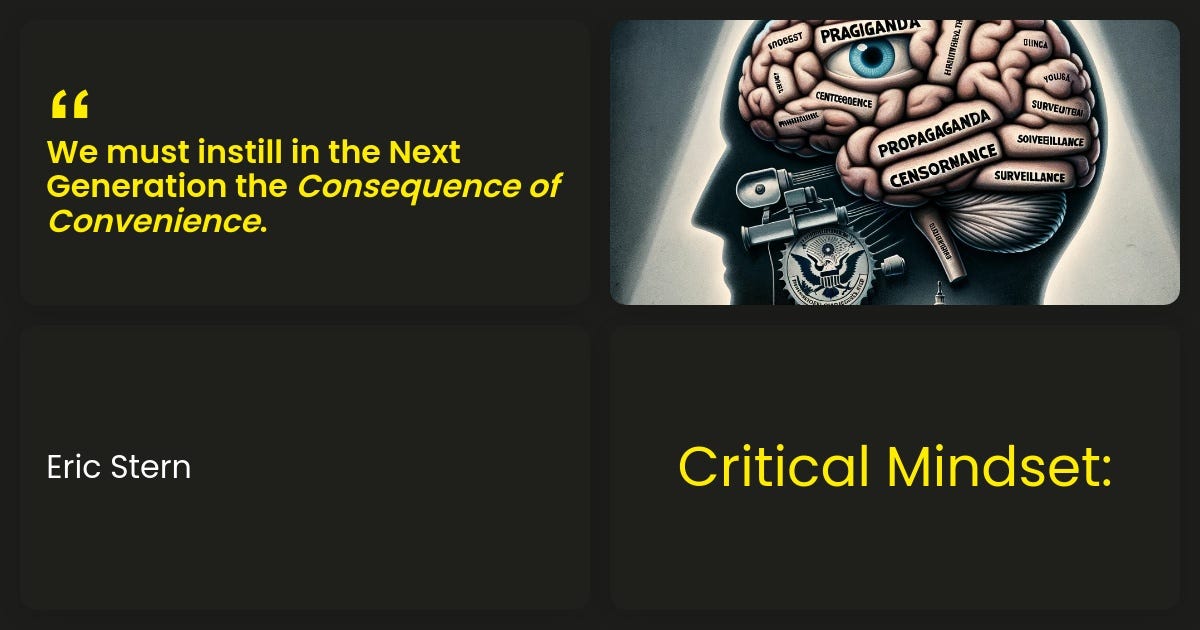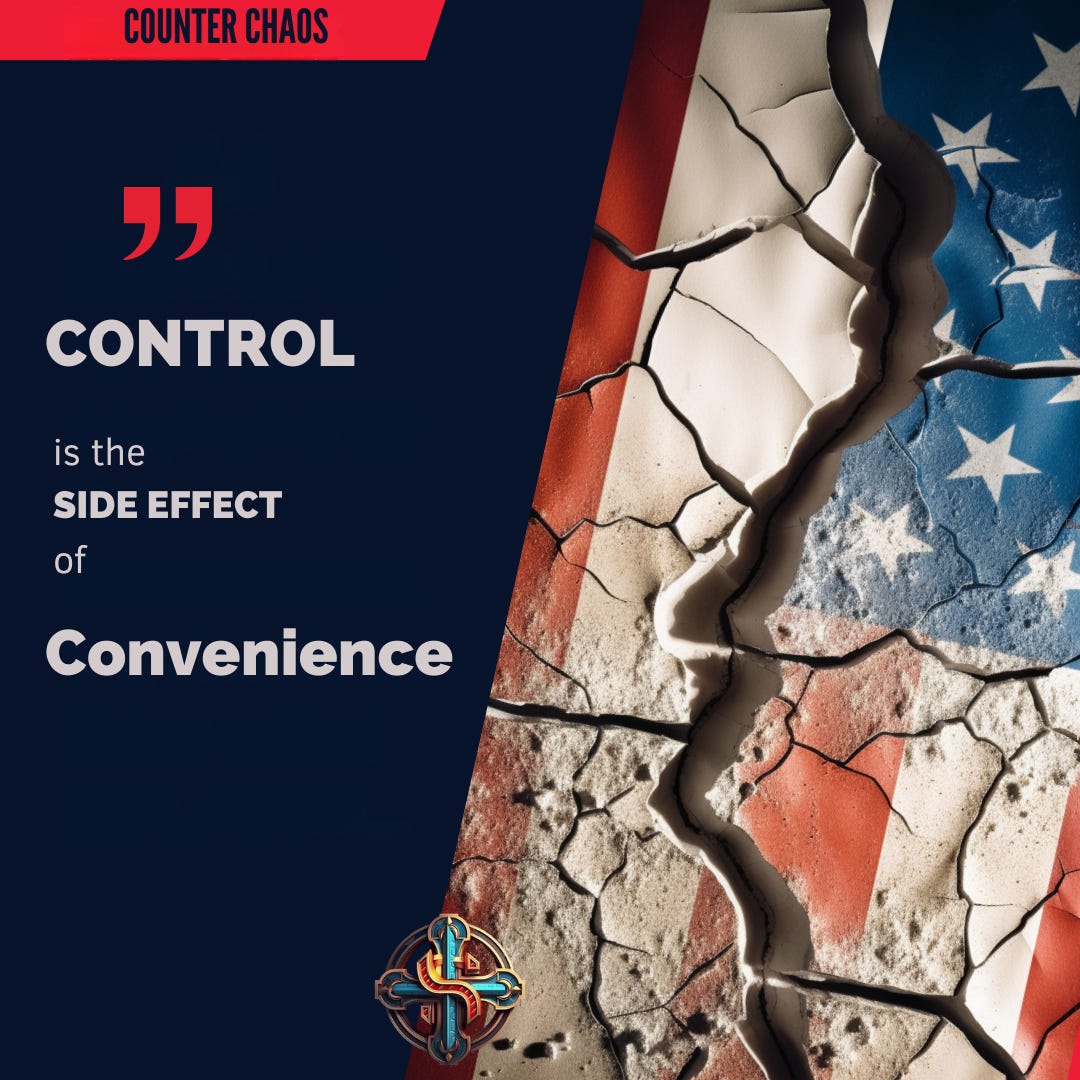Internet of the 80’s THE BBS (Basic Bulletin board System)
It was 1987 when I got my first modem, I had no idea what it was or how to use it. It was the Commodore VIC20’S, 300 baud, yes 300 baud plug and play modem. It ended up to be quite simple to use just dial the phone number of the BBS, when the “ping, pong, drrr, grr, bing started you then unplug the cord from the back of the phone and plug into the modem. In just under ten minutes you’d be connect to a BBS that has a list of “downloadable games”. You could download a 112k game in little under 17 hours, if you were lucky enough not to have your download interrupted by those pesky parents that just didn’t understand technology and need to use the phone for calling someone to actually talk to, so old timey.
The wild west of the 80s and 90s Internet
In those days there was no email, so the only way you could get on these BBS’s was to have the phone number, the precursors to email address and ask any online marketer still more valuable kind’a like a.m. radio. checkout the “Friendliest Home Modem”
In the mid 90’s when most Normies entered the web via 56k to check their “webmail” that online address with the quirky lill “@” that we all know and love today as email that everybody had have to get a hold of you, oh and you had to have it if you wanted to join all the fun, free things that this new digital frontier had to offer, after all we are part of the World Wide Web; interesting three words to put together.
Nobody Warned Us About the FRONTiers Backdoor.
Fast forward to today, and what has that Information Highway turned into? A digital panopticon, a surveillance state’s dream come true. What makes it worse is that WE built it for them. Gave them everything they needed. “We didn’t just build this cage; we handed over the keys with a smile.” What is it that we got? Information, convenience? In the beginning that might have been sorta true, but at what cost? Our privacy, freedom, autonomy? We never stopped to ask who controls the backdoor and why they decided to share this amazing World, Wide, Web with us all.
Cameras Don’t Make You Safe.
Enough with the cameras, they’re freaking everywhere, your phone, doorbell, computer, actual security cameras, CCT, Traffic Cams, everything has a camera even the building across the way from DNC building in D.C. that captured the JAN 6th pipe bomb incident funny thing happened that proves my point about cameras and how they’re not there for your safety or convenience. At this point the camera isn’t even a deterrent its effectiveness as a crime stopper ranks up there with the car alarm.
On the other hand cameras are perfect for capturing the culprit in the act. Then at a later time after the crime or lets say Infraction occurs the boys in blue can do some investigating (watching T.V.) then go pick up the bad guy up at a later date.
The Cell Phone, Again with the Safety.
I don’t remember when the first cellular phone was made for the general public but I do remember watching Sonny Crockett driving his Ferrari Testarossa down the sun drenched streets of Miami looking to bust bad guys while chatting it up with Tubbs on that Motorola BRICK phone.
I’m sure the first commercials for these awful devices were all focused around safety. I mean you just keep it in the glove compartment and when get stuck or are in an accident you always have a way to reach out for help. Sounds awesome.
I can’t dispute the claims, hell I use the damn thing way to much too. I am just as guilty as everybody else. Let me ask you a question, ever see a homeless person with a cell phone? Why do they have one? Where did they get it? How are they paying for it?
Why did the Big O give away the famous Obama Phone?
How is it that everyone no matter what the income level all have a cell phone and it’s something that we’re told we cant live without.
Oh, hey did ya hear that the DOJ will be doing some more cellphone tracking of Jan 6ers that were outside the capital.
So, what's the takeaway? Simple: We need to instill in our kids the critical mindset of the “Consequences of Convenience” rather than swooning over the ease, safety and convenience of the present.
The truth is, every piece of information we give away, every interaction with the state, every 'free' service we sign up for, every camera we pass on the street has a price. And often, that price is our freedom, our privacy, and our autonomy. It's a bitter pill to swallow, realizing that our youthful naivete and thirst to be more connected to the world led us here.
WE Can Take Back our Power.
But it's not all doom and gloom. We have the power of hindsight, the wisdom from our experiences. We can guide the next generation, teach them to be wary, to be wise. We can show them that true freedom isn't about blindly accepting what's given but questioning, challenging, and understanding the true cost of what appears 'free'.
So, let's use our voices, our experiences. Let's teach our kids not just to survive in this digital cage we've built but to find the keys to unlock it. Let's remind them, and ourselves, that in a world where every click, every swipe, every 'I agree' has a consequence of convenience, the greatest tool we have is skepticism, and critical thinking. Always ask Yourself;
How can this be used against me, in an EMERGENCY?
In the end, it's about reclaiming our power, our autonomy. It's about remembering that in this digital age, the most radical act we can commit is to think for ourselves. So, let's keep that spirit of the '80s and '90s alive – not the naivete, but the boldness, the questioning, the relentless pursuit of truth. Let's teach our kids to be not just digital natives but digital skeptics, for their freedom, and ours, depends on it.
RESOURCE:
Build a Digital Fortress to Defend your Privacy from the Government and Big Tech Public, Private Partnerships hell bent on putting you in a DIGITAL GHETTO.
Guardians of Freedom: Shielding YOUR Freedoms from the Surveillance State.





